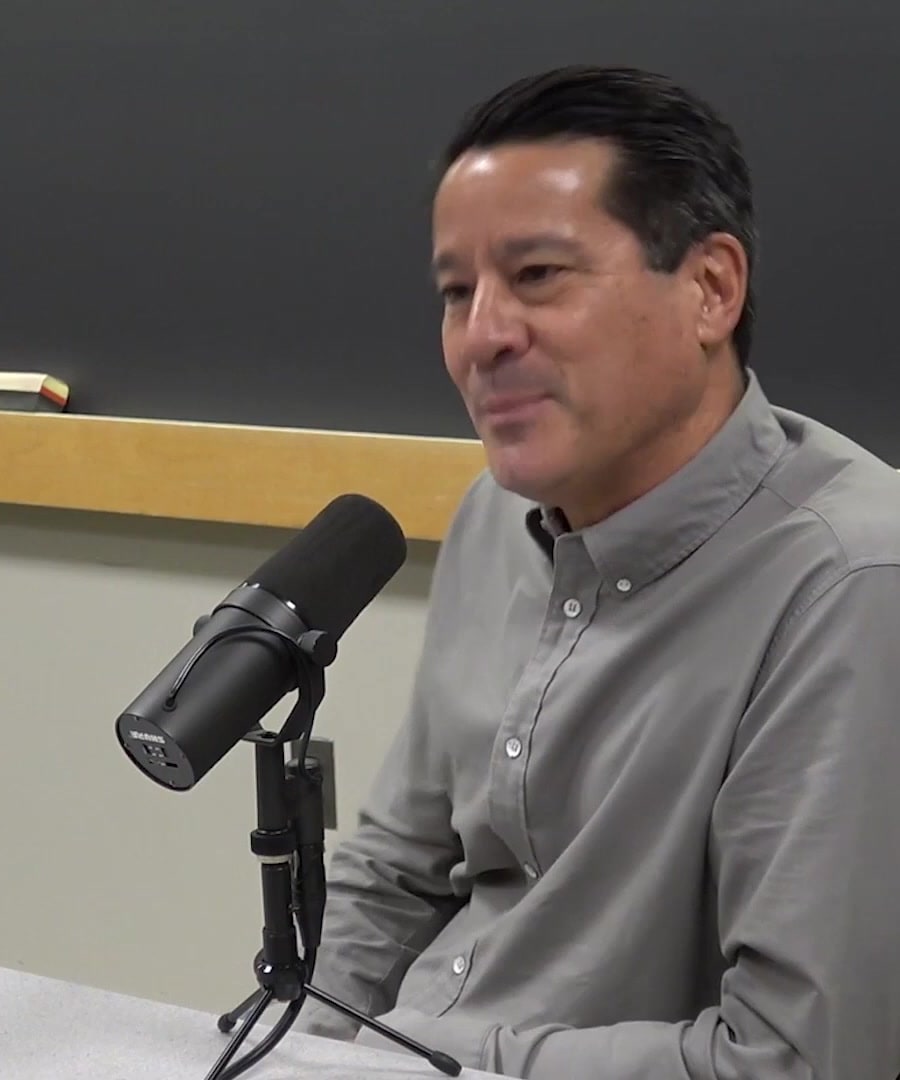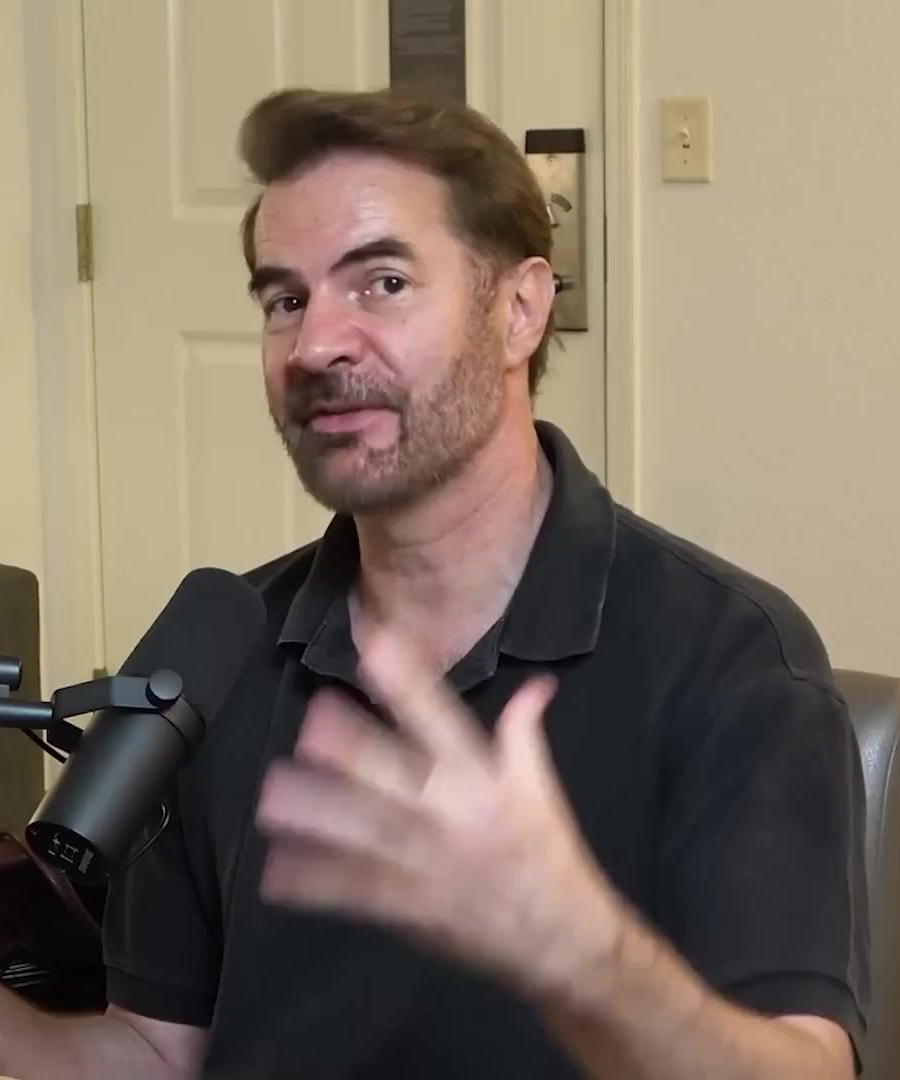How do online platforms affect politics?
Sources:
Online platforms significantly impact politics, primarily by shaping political discourse and influencing election outcomes. Here's a summary of their effects based on discussions from the Lex Fridman Podcast:
-
Influence on Political Discourse and Elections:
- Michael Kearns highlighted how platforms like Facebook and Twitter, initially not designed with political influence in mind, have acquired significant roles in political discourse and potentially influencing elections. The technical evolution of these platforms is heavily influenced by user interaction, further amplifying certain political views or polarization due to algorithmic enhancements aimed at user engagement 1.
-
Challenges with Free Speech and Censorship:
- Mark Zuckerberg of Facebook mentioned that the platform is pressured from all sides regarding free speech and misinformation, reflecting the complex role these platforms play in moderating content while striving to allow freedom of expression. Over time, the necessity of balancing user safety with free speech has increasingly complicated the management of platform content 2.
-
The Role of Algorithms in Amplifying Content:
- Platforms utilize algorithms that can amplify polarization and reduce exposure to opposing viewpoints by curating content that aligns with user preferences, thus isolating users into echo chambers. This, in turn, densifies the political discourse online 1.
-
Democratic Process and Content Safety:
- The governance and curation of content on social platforms are critical areas needing clear democratic input and regulation to ensure that content safety does not impinge on free speech. The persistent challenge is managing diverse opinions while preventing harmful communication online 3.
-
Manipulative Uses:
- According to Erik Brynjolfsson, digital platforms can be weaponized to spread division, exemplified by actors who simulate opposing partisans to deepen societal divisions. This misuse of platforms poses a threat to democracy and societal harmony 4.
-
Visibility of Content Creators:
- Cal Newport discussed the democratizing aspect of platforms like Twitter, where users, including influential figures, can directly disseminate information without journalistic mediation. However, this also leads to challenges in content verification and distribution curation, impacting how information is perceived and spread 5.
These insights illustrate that while online platforms democratize information dissemination and facilitate broader participation in political dialogue, they also present substantial challenges in content curation, speech freedom, and ensuring a healthy public discourse.
RELATED QUESTIONS-




